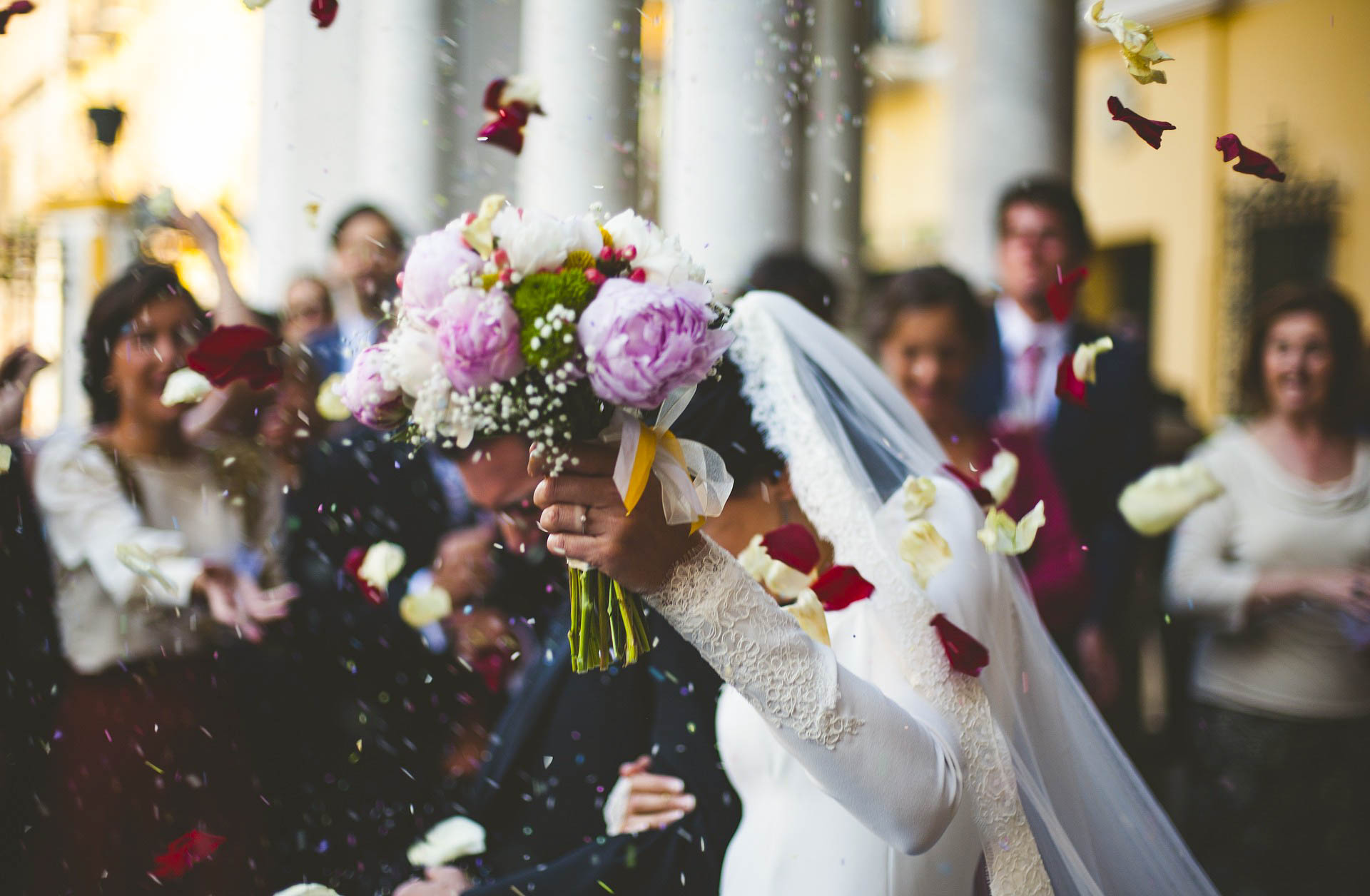Nearly 30 percent of all married couples meet their significant others during their time attending college, according to Business Insider. While this brings many students hope and optimism for the possibility of married life after graduation, one other decision remains — whether to change one’s last name after saying “I do.”
In a society progressively more empowering for women, the tradition of adopting a new last name for marriage is no longer necessary.
A man’s name used in marriage is historically rooted in the oppression of women. Established in mid-17th century England, the Doctrine of Coverture required women to be recognized as their husband’s property in marriage — taking on his name meant that a woman belonged to him.
Modern society tends to embrace a culture where women are individuals, which abandons the original purpose of changing the last name for marriage. Despite this, 70 percent of adults believe a married woman should change her name and 50 percent believe the tradition should be required by law, according to Vice News. This outdated expectation ignores the desires of a modern woman.
A woman’s dedication to her career often conflicts with the tradition of changing her last name. There are 74.6 million women in careers, according to the United States Department of Labor, and success in many of their careers depend on name recognition. If her last name is suddenly changed, audiences and clients are subject to confusion.
For many women, the maiden name is of ethnic and historical significance. Last names tie a person to their country and culture of origin, bringing a source of pride and sense of identity to the woman who holds it. To change her last name is to take away part of her identity, thus disconnecting her from her lineage under the guise of tradition. This expectation is therefore unjust.
Additionally, the tradition of changing a last name is archaic due to its exclusion of homosexual couples who choose to marry. With 10 percent of all LGBT people involved in a married relationship, according to Pew Research, the pressure to combine or change their last names remains present as the tradition promotes a culture of heteronormativity.
“It is ridiculous,” junior psychology major Cam Lorys said. “Obviously, there is nothing wrong with a woman choosing to change her name. That is her choice, but the tradition stems from a culture of women viewed as property. Today, there’s no reason to uphold such an old-fashioned standard.”
For a married woman, it is also extremely inconvenient to change her last name. It could cost a significant fee just to request a name change in court depending on the state, according to The Knot. The paperwork and expense of then updating every document of importance — social security cards, passports, drivers’ licenses, credit cards, health insurance and other documents — is monumental, just to keep a sexist tradition alive.
It seems that many women are catching onto the disadvantages of changing her name for marriage, according to Google Surveys. Today, 22 percent of all married women chose to keep their maiden names — a 10 percent increase from 1970s data.
It is no coincidence that the rise in a woman keeping her maiden name aligns with an increase in women’s education, participation in the workforce and use of birth control, according to Seattle Bride.
As students graduate and consider the role of marriage in their lives, it is important to remember the cons of changing one’s last name for their significant other. There are more options than adopting the name of the man — couples can hyphenate or even create a name of their own. However, the expectation placed on women to adopt the name of her husband is old-fashioned and unnecessary.


